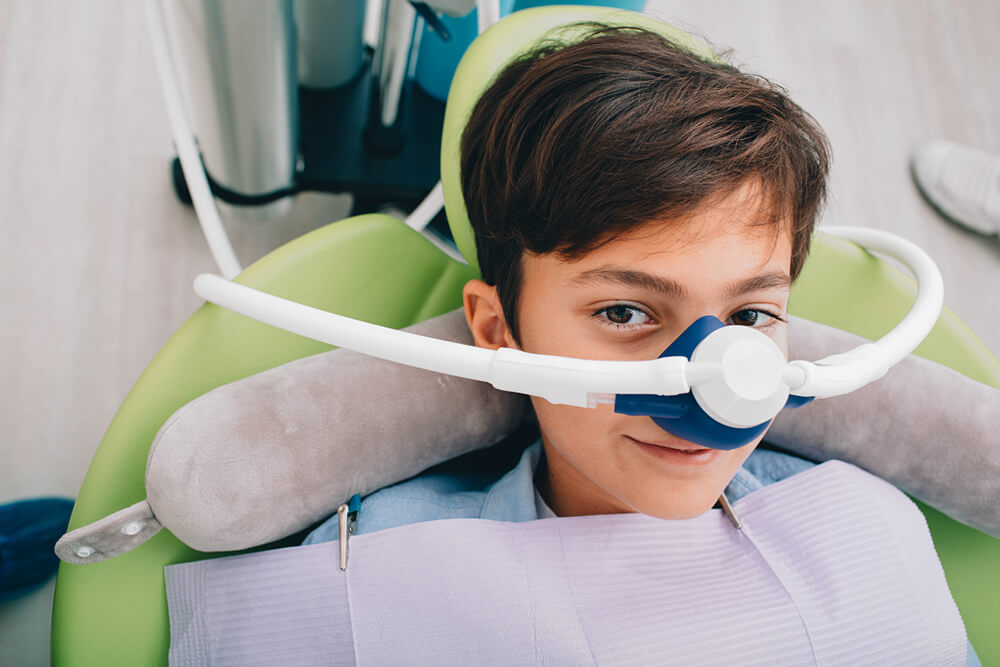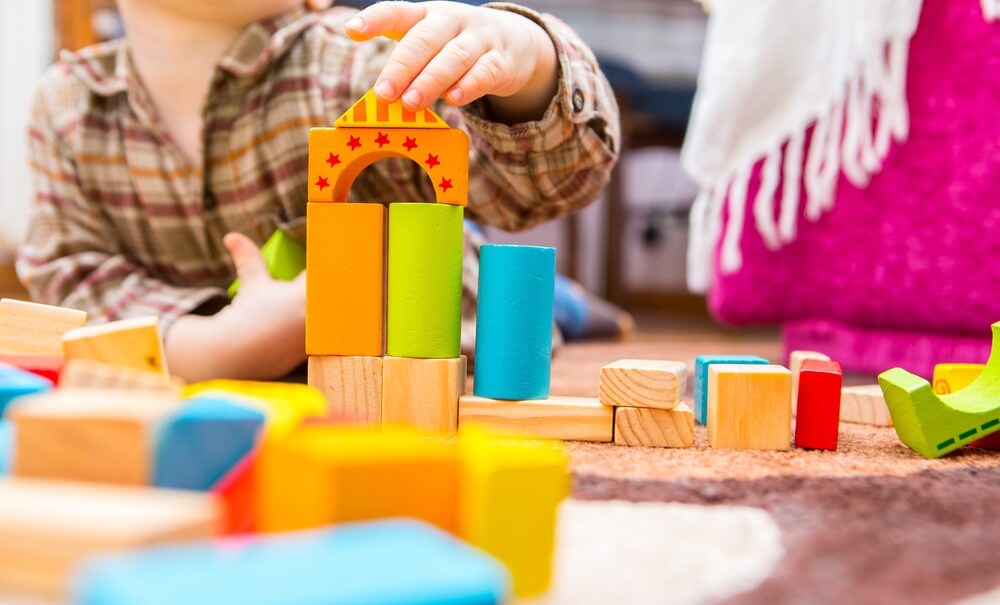As the days get longer and warmer, many children anxiously await the arrival of summer. Summertime means no school, barbeques, and long days spent at the pool. Despite the fact that many children like to spend every waking moment in the pool swimming, their teeth may not feel the same way. In fact, children that swim frequently may be at an increased risk for certain oral health issues. As a parent, here is what you need to know:
Chlorine Affects Your Child’s Teeth
For starters, it is important to know that the chlorine used in swimming pools can have an effect on your child’s teeth. Chlorine is necessary in both drinking water and swimming pools in order to kill harmful bacteria that could lead to waterborne diseases. Since the amount of chlorine found in drinking water is such a small amount, this generally does not have any effect on the teeth. However, since more chlorine is used in swimming pools, it can have an effect on your child’s teeth. In fact, chlorine has been associated with:
Swimmer’s Calculus
Swimmer’s calculus is when chlorine deposits accumulate on the surface of your child’s teeth, making them appear more yellow than usual. Unfortunately, these chlorine deposits can also wear away your child’s enamel, especially if there are high amounts of chlorine being used in the pool.
Tooth Sensitivity
When chlorine starts accumulating on the surface of your child’s teeth and begins to wear away their enamel, they may start to experience tooth sensitivity. Tooth sensitivity is characterized by a deep, throbbing pain that comes on suddenly when the teeth are exposed to hot, cold, or sweet foods and beverages. This pain usually resolves itself once the source of stimuli has been removed.
Other Risks to Your Child’s Oral Health
Oral Injury

Accidents can happen at any time and have the potential to cause an oral injury. When it comes to swimming, most oral injuries occur while playing water sports, such as water polo. However, any type of roughing around in or around the pool can potentially cause an accident.
Barodontalgia
More commonly known as tooth squeeze or tooth compression, this condition occurs when there are changes in ambient pressure. It is characterized by the feeling that one or more teeth are being squeezed. This does not happen in swimming pools and only affects children who scuba dive to the point of pressure changes. It can also happen while flying in an airplane.
Lost or Damaged Dental Appliances
Any type of removable dental appliance, such as clear aligners, retainers, or palatal expanders, have the potential to get lost or damaged while swimming. While this will not directly affect your child’s oral health, it can affect their treatment plan, as well as your wallet if you need to pay for a replacement.
How to Protect Your Child’s Teeth While Swimming
In order to minimize the risk of oral health concerns caused by swimming, there are a few things you can do to protect your child’s teeth. First and foremost, you will need to carefully manage the amount of chlorine in your swimming pool. The CDC recommends that the pH of your swimming pool should fall between 7.2 and 7.8, with the free chlorine concentration being at least 1 part per million. In hot tubs, the free chlorine concentration should be 3 parts per million. In some cases, it may be beneficial to hire a professional to maintain your pool’s chlorine levels.

When on vacation, you can also estimate chlorine levels by paying attention to the pool linings, railings, and ladders. If you notice signs of erosion on these surfaces, it means that the water is likely highly chlorinated and slightly acidic. This means that you should either find an alternative swimming location or minimize the time spent in the water. You can also buy pool pH strips to test the water before swimming.
To prevent oral injuries while swimming or hanging out by the pool, be sure to explain the importance of poolside safety to your children. You should also discourage running or roughing around besides the pool, since it is very slippery and can easily result in a hard fall. If your child is playing water sports, then you should have them fitted for a protective mouthguard to prevent them from being injured. Finally, any removable dental appliances should be removed while swimming and stored in their protective cases to prevent them from being damaged or lost.






